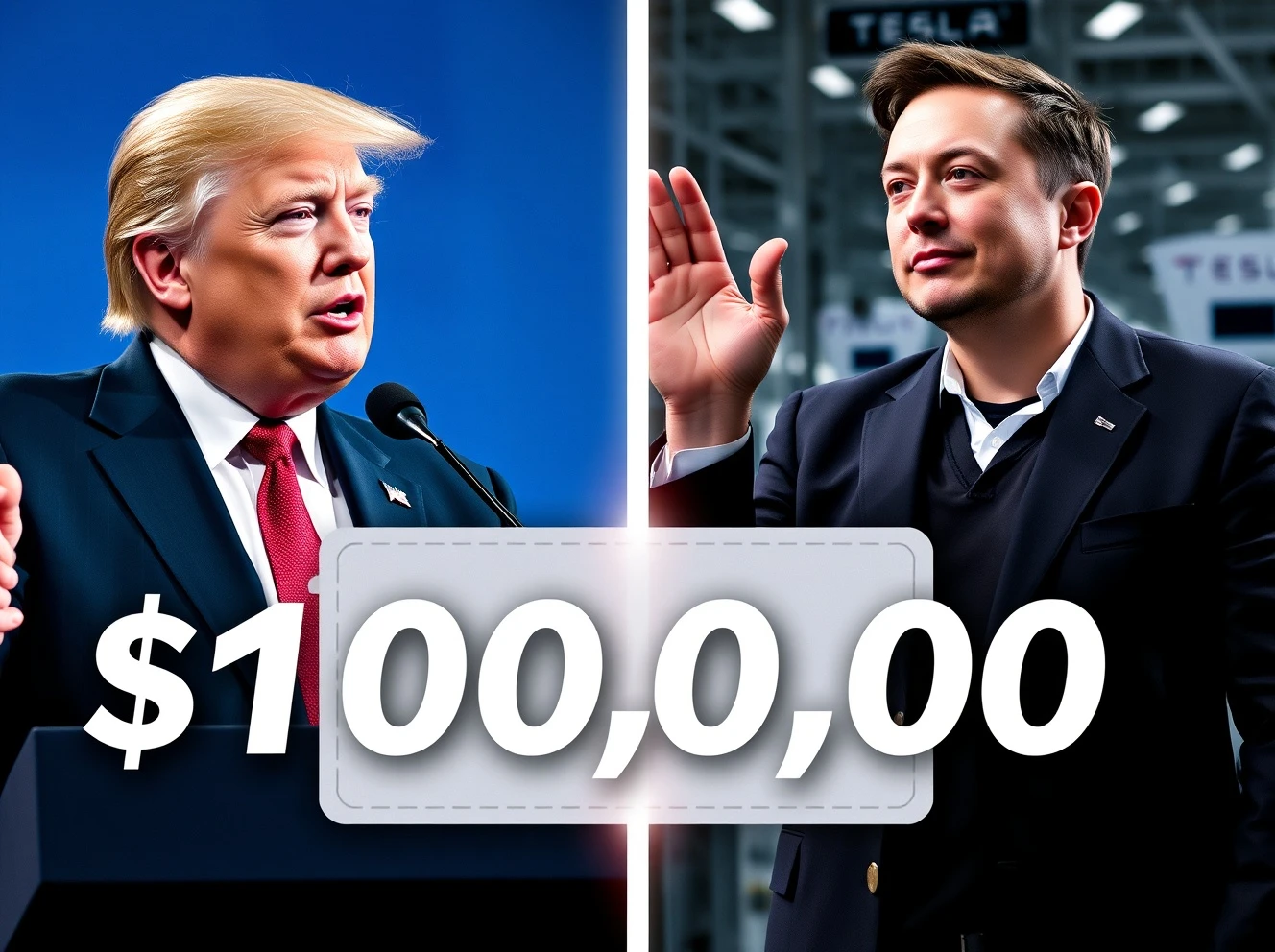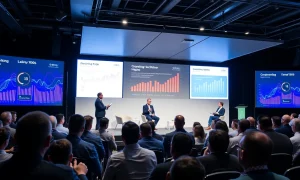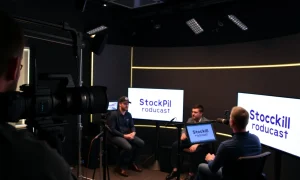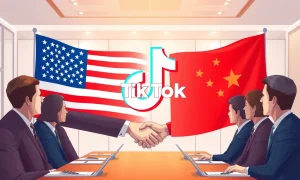In a dramatic move that sent shockwaves through Silicon Valley, President Trump has imposed a staggering $100,000 fee for new H-1B visa applications, effectively targeting the very program that brought tech luminaries like Elon Musk and Instagram co-founder Mike Krieger to American soil.
Understanding the H-1B Visa Program Changes
The Trump administration’s proclamation represents a seismic shift in immigration policy for skilled workers. Previously, companies paid a mere $215 lottery registration fee for each H-1B visa application. Now, employers face a colossal $100,000 per application fee—a 465-fold increase that fundamentally alters the economics of hiring foreign technical talent.
How H-1B Visas Work and Who They Affect
The H-1B visa program allows U.S. companies to hire foreign professionals in specialized fields requiring technical expertise. Key program details include:
- Annual cap: 65,000 regular visas plus 20,000 for advanced degree holders
- Duration: Typically three years, renewable up to six years
- Fields: Information technology, engineering, mathematics, medicine
- Selection process: Lottery system due to high demand
Silicon Valley’s H-1B Visa Success Stories
Despite the administration’s criticism, the H-1B program has been instrumental in building America’s tech dominance. Elon Musk, currently one of Trump’s closest allies, initially entered the U.S. through this program. The Tesla and SpaceX founder vehemently defended H-1B visas in December, stating they brought “critical people who built SpaceX, Tesla and hundreds of other companies that made America strong.”
Economic Impact and Industry Response
Technology leaders immediately expressed concern about the new H-1B visa fee structure. Many warned that top talent might flee to more welcoming countries like Canada or European nations with competitive tech visa programs. The National Venture Capital Association previously argued that raising visa caps for skilled immigrants is “fundamental to generating more successful immigrant-founded companies.”
Administration’s Rationale for H-1B Visa Reform
The White House justification centers on protecting American workers and national security. Administration officials cite alarming statistics showing H-1B visa holders now comprise over 65% of IT workers, up from 32% in 2003. Simultaneously, unemployment among recent computer science graduates has reached 6.1%. The proclamation specifically mentions companies that received thousands of H-1B approvals while laying off American employees.
Practical Implications for Tech Companies
The new $100,000 H-1B visa fee creates significant financial barriers for startups and established companies alike. Small technology firms particularly rely on global talent pools to compete with larger corporations. This policy change may force companies to:
- Relocate operations overseas
- Reduce hiring plans
- Increase costs for consumers
- Accelerate automation efforts
Exemption Possibilities and Future Outlook
The proclamation includes limited flexibility through case-by-case exemptions deemed in the “national interest.” Additionally, it directs the Labor Secretary to revise wage requirements to prevent salary undercutting. However, the overall direction signals a fundamental restructuring of how America attracts global technical talent.
Frequently Asked Questions
What is the new H-1B visa application fee?
The Trump administration has increased the fee from $215 to $100,000 per application—a massive 465-fold increase.
How will this affect technology companies?
Tech companies, particularly startups, will face significantly higher costs for hiring foreign technical talent, potentially forcing them to relocate operations or reduce hiring.
Are there any exemptions to the new H-1B visa fee?
Yes, the proclamation allows for case-by-case exemptions if deemed in the national interest, though specific criteria remain unclear.
Why did the administration implement this change?
The White House cites protection of American workers and national security concerns, pointing to increased H-1B usage and unemployment among U.S. tech graduates.
How have successful entrepreneurs responded?
Elon Musk strongly defended the H-1B program, crediting it with bringing critical talent that built major American companies like SpaceX and Tesla.
When does the new H-1B visa fee take effect?
The proclamation was signed on Friday, but implementation timelines and specific effective dates will be determined through subsequent regulatory processes.








